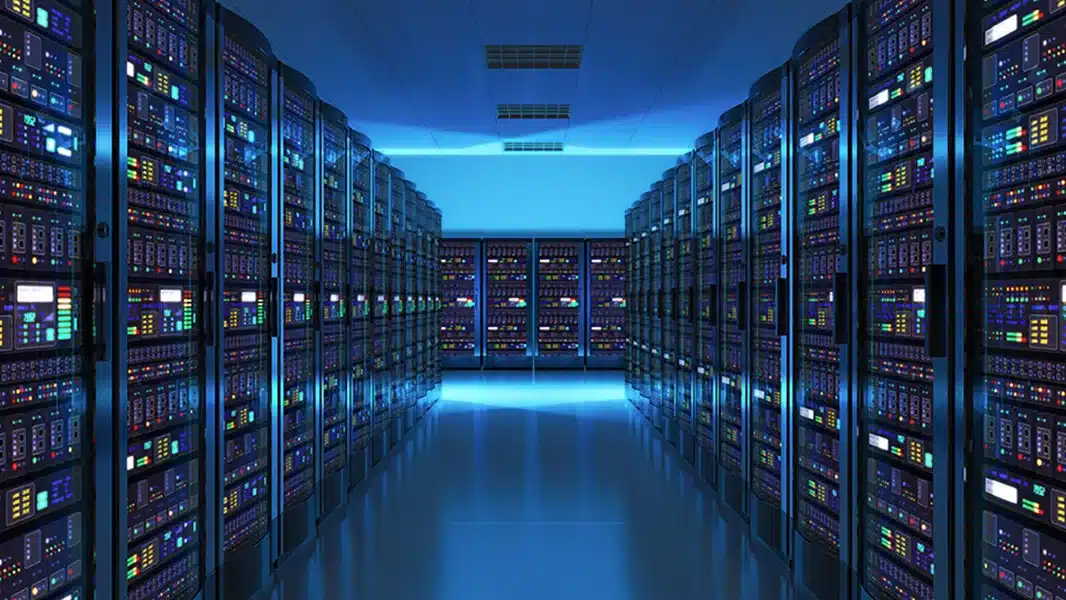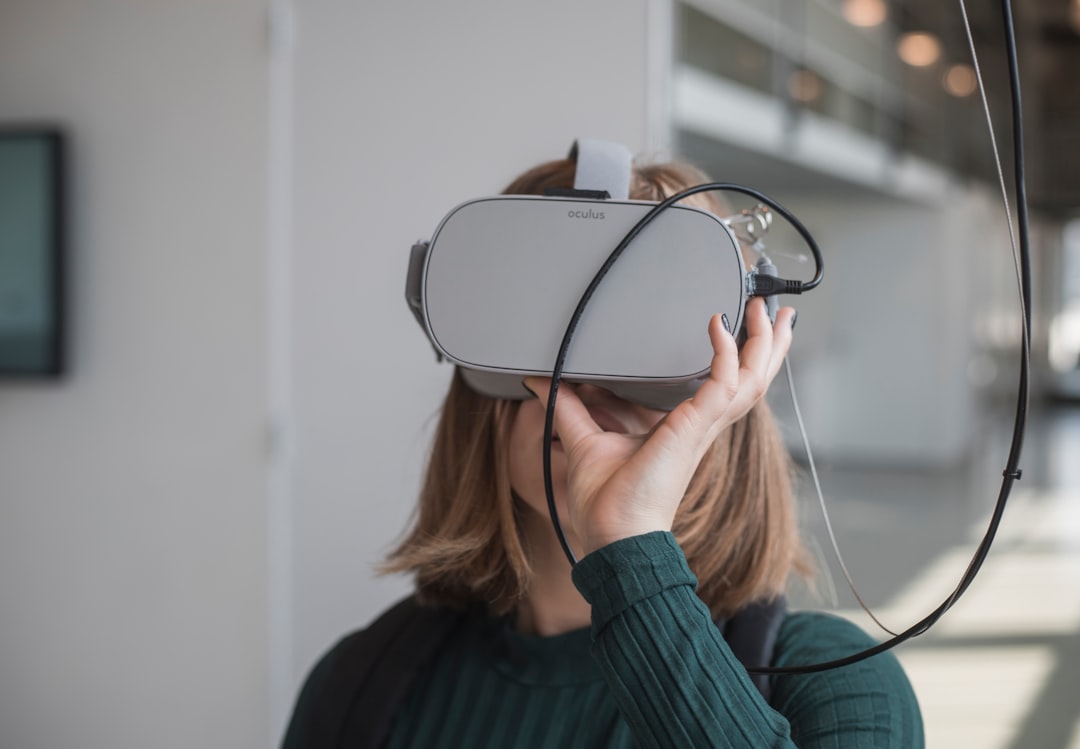
Information systems have become an integral part of our daily lives, from the way we communicate to the way we do business. As technology continues to advance, the future of information systems is constantly evolving. In this article, we will explore the latest trends and innovations in information systems and how they are shaping the future.
The Importance of Information Systems
Before we dive into the future of information systems, let’s first understand why they are so important. Information systems are the backbone of any organization, providing the necessary tools and resources for decision-making, communication, and data management. They help businesses stay competitive, improve efficiency, and drive growth.
Business-Driven Information Systems
Business-driven information systems (BDIS) are designed to align with the goals and objectives of a business. They are tailored to meet the specific needs of an organization and are constantly evolving to keep up with changing business strategies and technologies.
BDIS are essential for businesses to stay competitive in today’s fast-paced market. They provide real-time data and insights, allowing businesses to make informed decisions and adapt quickly to changing market conditions.
Trends in Information Systems
Now, let’s take a look at some of the latest trends in information systems and how they are shaping the future.
Artificial Intelligence (AI)
Artificial intelligence (AI) is revolutionizing the way we interact with technology. AI-powered information systems can analyze vast amounts of data, identify patterns, and make predictions, all in real-time. This technology is already being used in various industries, from healthcare to finance, and is expected to continue to grow in the coming years.
In the future, AI will play a crucial role in information systems, providing businesses with valuable insights and automating routine tasks, freeing up time for employees to focus on more complex tasks.
Internet of Things (IoT)
The Internet of Things (IoT) refers to the network of physical devices, vehicles, home appliances, and other items embedded with sensors, software, and connectivity, allowing them to connect and exchange data. This technology is already being used in smart homes, wearables, and even in industrial settings.
In the future, IoT will continue to expand, connecting more devices and providing businesses with real-time data and insights. This will allow for more efficient processes, predictive maintenance, and improved customer experiences.
Cloud Computing
Cloud computing has been around for a while, but it continues to evolve and shape the future of information systems. With cloud computing, businesses can store and access data and applications over the internet, rather than on a local server or personal computer.
In the future, cloud computing will become even more prevalent, with businesses relying on it for data storage, software development, and collaboration. This technology allows for more flexibility, scalability, and cost savings for businesses of all sizes.
Innovations in Information Systems
In addition to these trends, there are also some exciting innovations in information systems that are shaping the future.
Blockchain Technology
Blockchain technology is a decentralized, digital ledger that records transactions across a network of computers. This technology is most commonly associated with cryptocurrencies, but it has the potential to revolutionize information systems in various industries.
In the future, blockchain technology could be used to securely store and share sensitive data, such as medical records or financial information. It could also be used to streamline supply chain management and improve transparency in industries like food production and distribution.
Virtual and Augmented Reality
Virtual and augmented reality (VR/AR) are no longer just for gaming and entertainment. These technologies are now being used in information systems to provide immersive experiences and improve training and education.
In the future, VR/AR could be used in various industries, such as healthcare, to provide realistic simulations for training and surgery. It could also be used in retail to provide customers with a virtual shopping experience.
The Role of Information Systems Professionals
With all these advancements and innovations in information systems, the role of information systems professionals is becoming increasingly important. These professionals are responsible for designing, implementing, and maintaining information systems that meet the needs of businesses and consumers.
The Need for Constant Learning
As technology continues to evolve, information systems professionals must stay up-to-date with the latest trends and innovations. This requires a commitment to constant learning and staying ahead of the curve.
Information systems professionals must also have a strong understanding of business processes and strategies to ensure that the systems they design align with the goals and objectives of the organization.
The future of information systems is constantly evolving, with new trends and innovations shaping the way we do business. From AI and IoT to blockchain and VR/AR, these technologies are transforming industries and providing businesses with valuable insights and tools for success. As technology continues to advance, the role of information systems professionals will become increasingly important, making it crucial for businesses to invest in these professionals and stay ahead of the curve.










Leave a Comment
You must be logged in to post a comment